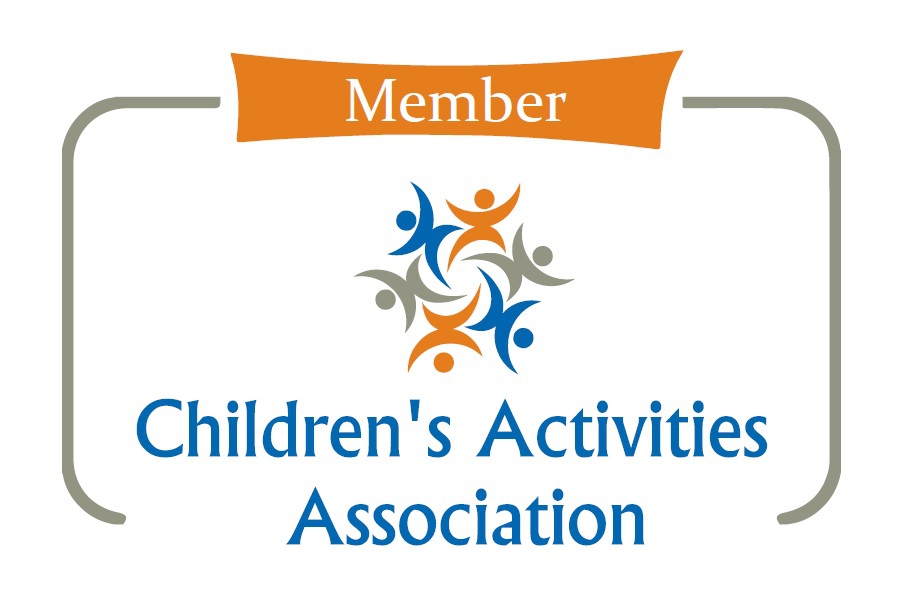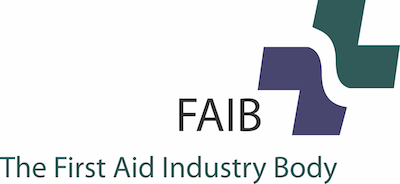Being pregnant and giving birth during a pandemic is not probably something you envisaged. There are many questions that we know women are worried about. Lesley Gilchrist, midwife and co-founder of the pregnancy and birth skincare range - My Expert Midwife - has helped to answer some of the more common queries on today’s blog…
Being pregnant and giving birth during a pandemic is very probably not something you envisaged. Yet, three months into this new and uncertain way of life, women, families and health care professionals (HCPs) are becoming used to navigating through change in this unknown territory.
Despite the strain on the NHS and the advice to socially distance, care for pregnant women has remained a priority and new ways of providing this have been found, with many appointments now taking place online or via telephone. Fortunately, the timing of most routine appointments during the first half, or a little more, of your pregnancy can be relatively flexible without compromising your care and your midwife should keep you informed about the ‘when, where and how’ of face-to-face appointments. Temperature monitoring and symptom-screening have become a new norm before contact with your midwife or other HCPs, staff providing care are now all wearing personal protective equipment (PPE) to reduce the risk of infection and home visits have been minimized as much as possible.
One change that has had a significant impact on women and their families is having to attend scans and hospital appointments alone. Most Trusts have tried to remedy this by allowing video-calls during appointments and scans, so partners and family can be involved and women can feel accompanied.
Although pregnant women have been placed in the 'vulnerable group' by the Chief Medical Officer, there is no evidence to suggest that being pregnant makes you more likely to contract coronavirus. Pregnant women have a distinct advantage in that the majority are young fit and healthy and we know from data obtained from other countries that pregnant women do not appear to be any more adversely affected by Covid-19. Current advice says that if you catch the virus during pregnancy, your symptoms will be very similar to those experienced by a non-pregnant person. That is, mild to moderate.
For pregnant women who do have conditions such as asthma, heart disease or diabetes the advice is, again, the same as for the general population: you are more likely to be affected by the virus so you should be shielding. You will need to seek medical advice and help soon if you have symptoms of COVID-19 or if you become more unwell than you might expect.
Labour
When you go into labour, if you are not symptomatic or do not have a diagnosis of the virus, then you are advised to continue with your chosen place of birth, i.e. hospital, a midwife led unit or a homebirth. Pregnant women who are inpatients and women giving birth in hospital are not currently required to wear masks.
If you are symptomatic or have a diagnosis of COVID-19, the advice is that you give birth in an obstetric led unit (a hospital that has obstetric and neonatal doctors, as well as midwives). This is a precautionary measure put in place to monitor you and your baby’s wellbeing during labour and in case either of you need extra care from the medical team.
Although many homebirth services were initially suspended, many are being slowly reinstated. If you are planning a homebirth and haven’t been contacted by your midwife or hospital, do contact them.
The majority of elective (planned) caesarean sections have been, and should still be, going ahead as planned. However, this will be dependent on the current demands placed on the maternity services in your hospital, so delays are possible. If you are symptomatic with COVID-19 it could be that your elective caesarean section is delayed until the medical team have assessed your condition.
Your baby
Although a small number of babies have been diagnosed with coronavirus shortly after birth – making transmission in the womb a possibility - there is no certainty as to whether infection occurred before or soon after birth.
We still don’t know much about how these babies are affected (symptoms are believed to be mild) but we do know that children, on the whole, seem to have less severe symptoms than the adult population, so it suggests this could be the case for babies too. All babies diagnosed with COVID-19 will be offered ongoing care and close monitoring.
Your maternity team will maintain strict infection control measures at the time of your birth and closely monitor your baby. Yet, you will still be able to stay with your baby and, if it is your choice, have skin-to-skin contact with them and breastfeed. Provided your baby is well, they will not require care in the neonatal unit.
Birth partners & visitors
Having a trusted birth partner present throughout labour is known to make a significant difference to the safety and wellbeing of women in childbirth. Yet, being the only birth partner can be very physically and emotionally demanding. It is best to prepare for this in advance by making sure they are not exhausted before you get to hospital.
Ensure your birth partner is well rested by having support from another household member whilst you are at home/in early labour, if possible. Have bags ready ahead of time, with plenty of nutritious snacks and isotonic drinks for them to have during your labour, as well as cool and warm clothes to change to as needed.
To reduce transmission of coronavirus in hospitals the government have announced that, from 15 June, face masks and coverings must be work by all NHS hospital staff and visitors in England. This means that your birth partner will have to wear a mask, too. If he/she has symptoms of or has recently tested positive for coronavirus, they will not be allowed to go into the maternity suite, to safeguard your health and that of other women and babies, as well as the maternity staff supporting you.
Although on 5 June the NHS’s suspension of hospital visiting was lifted, the latter remains subject to local discretion by trusts and it is likely that restrictions on visitors may remain in place to ensure compliance with social distancing measures.
(This is the most up to date advice as of June 15th 2020, however as the situation changes and the advice is updated it is always worth checking with your hospital and midwife if you want more information.)







